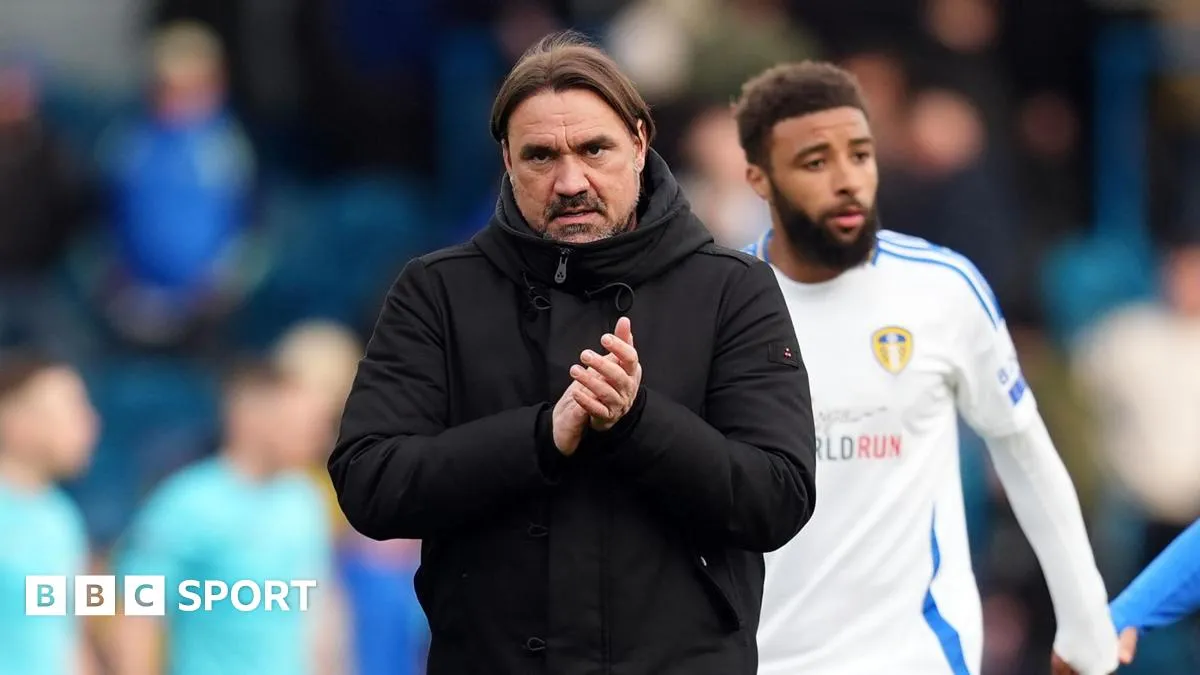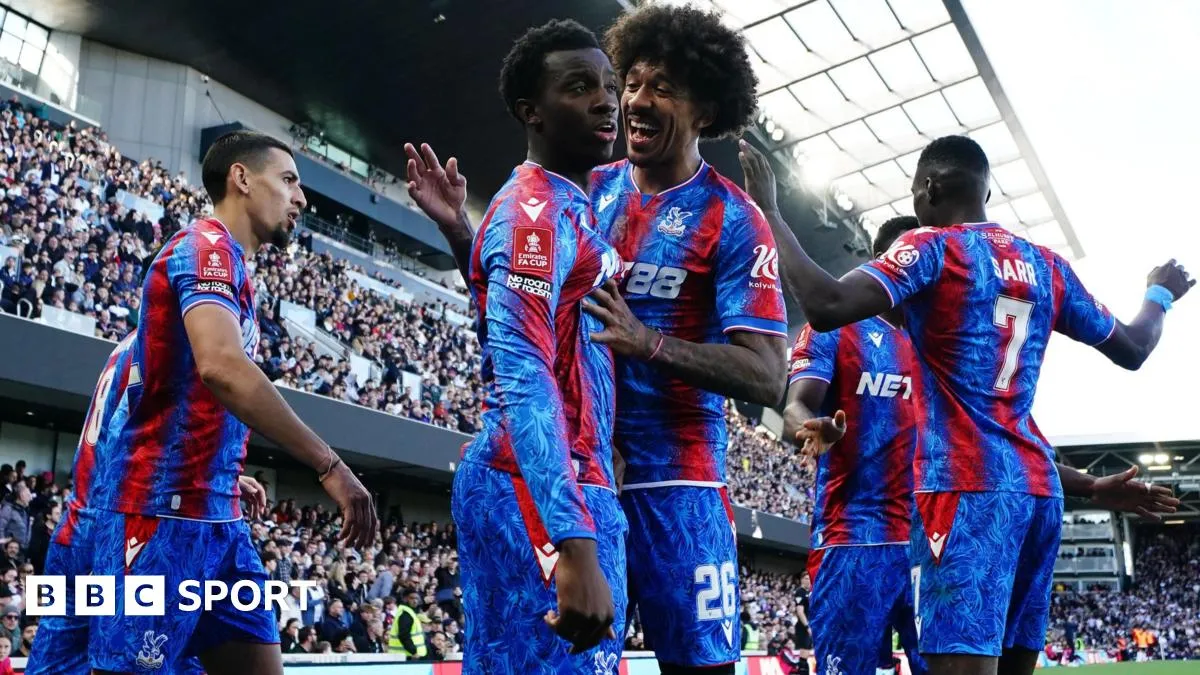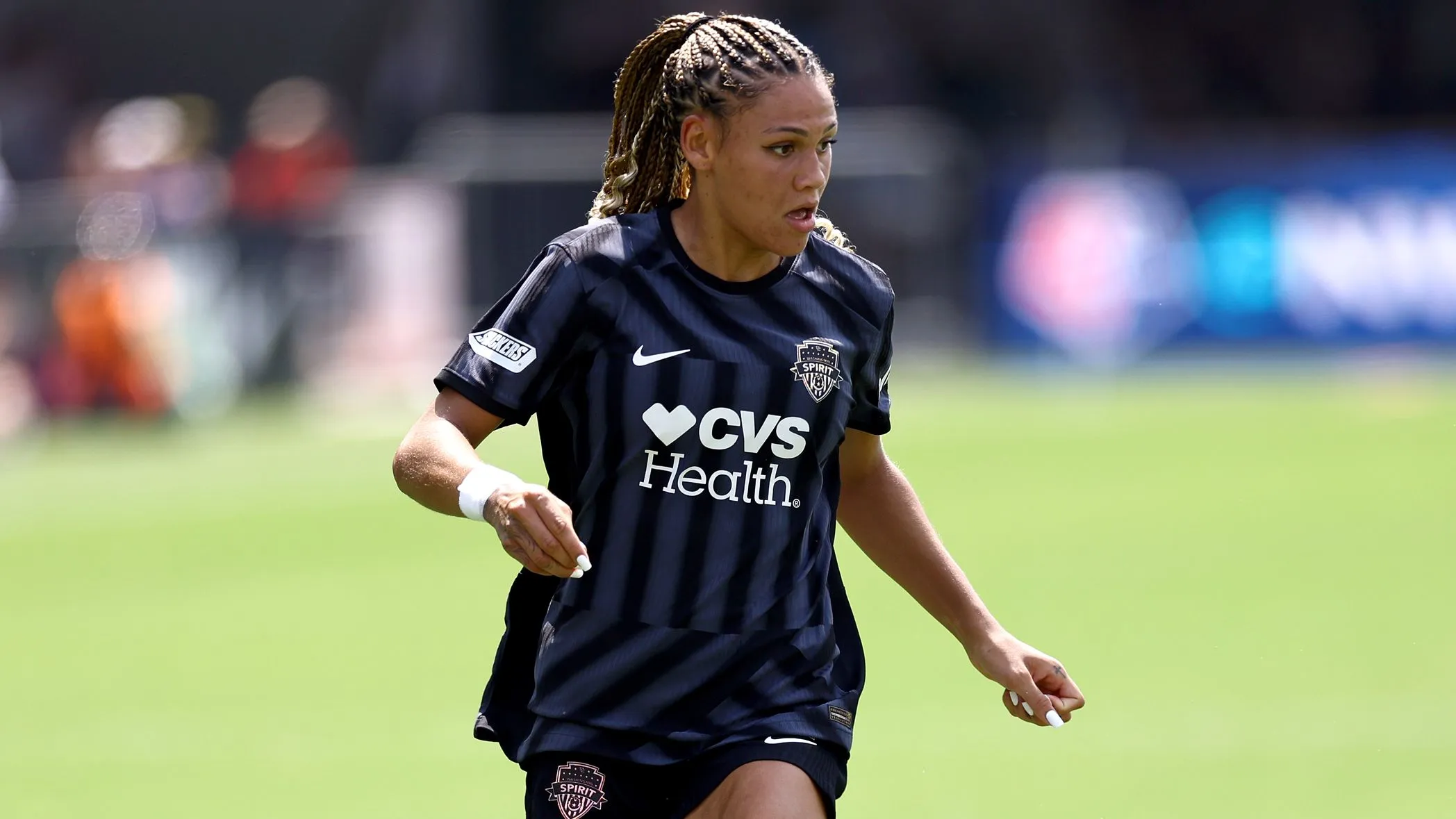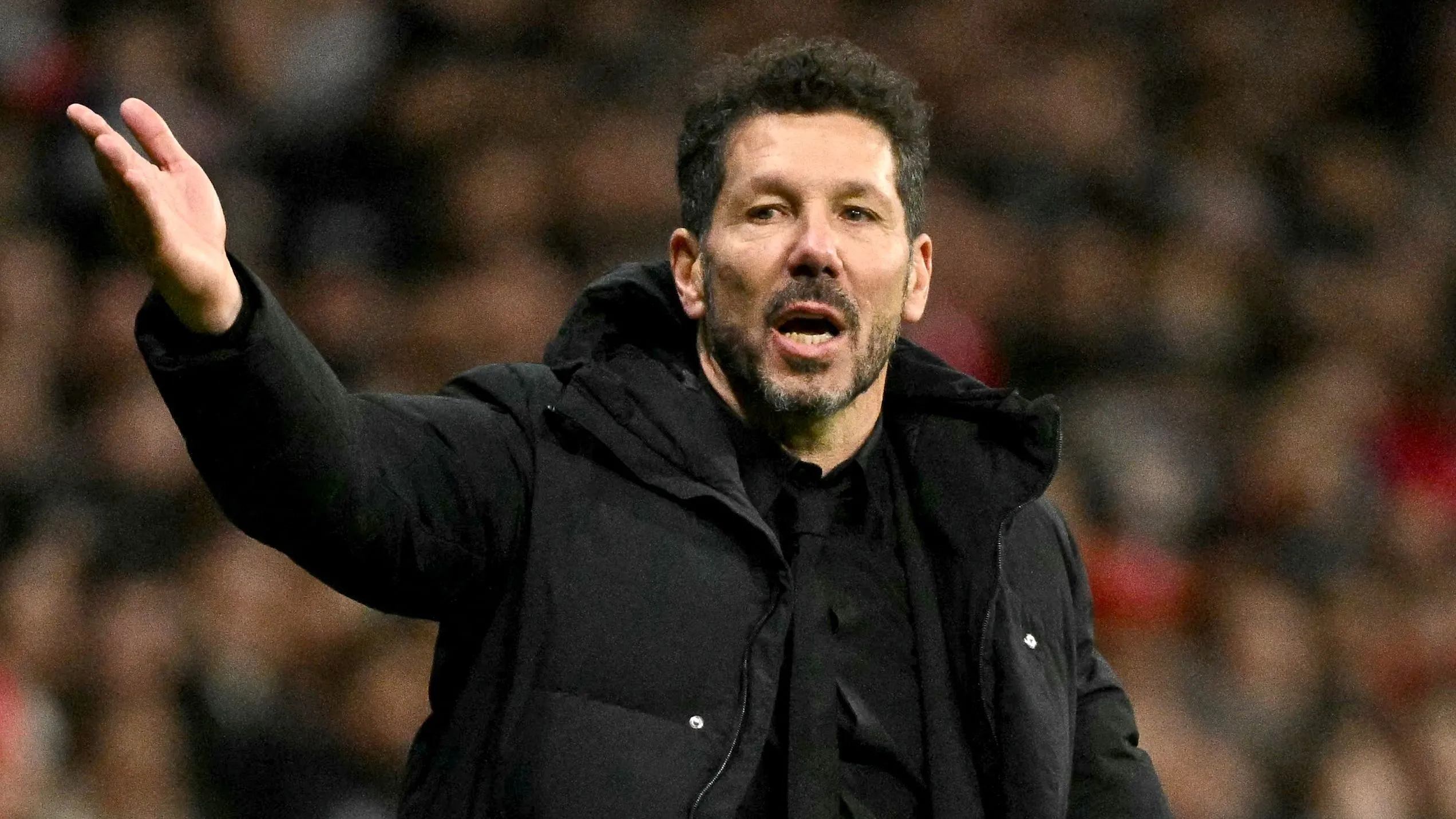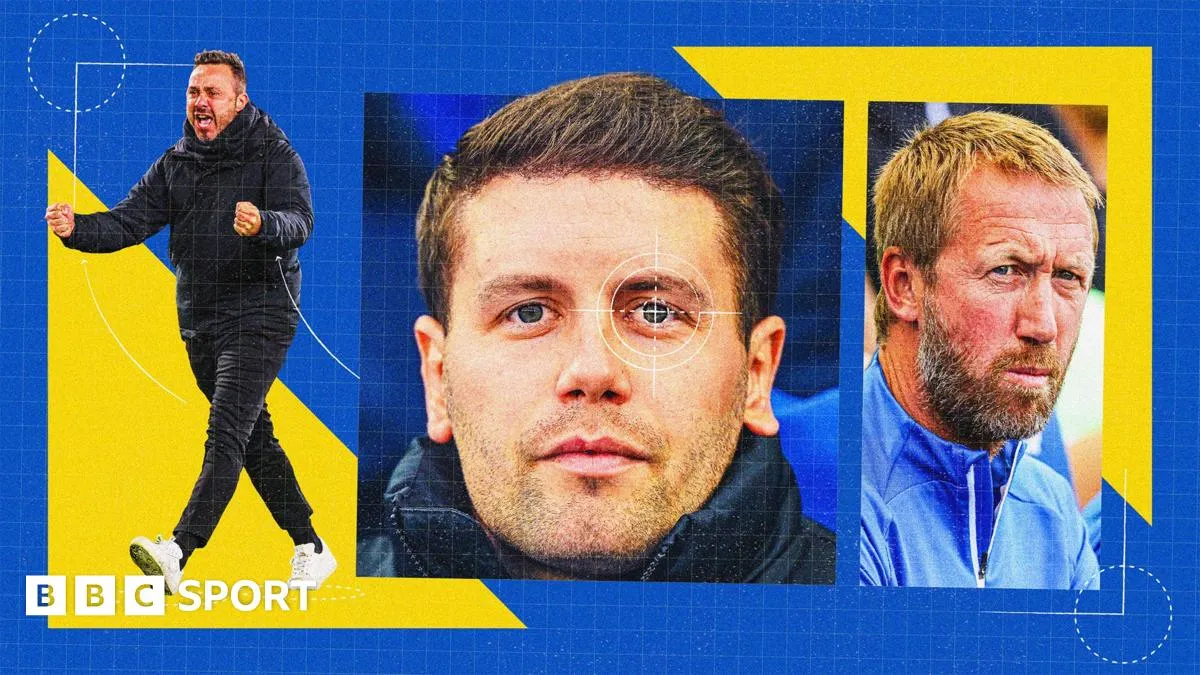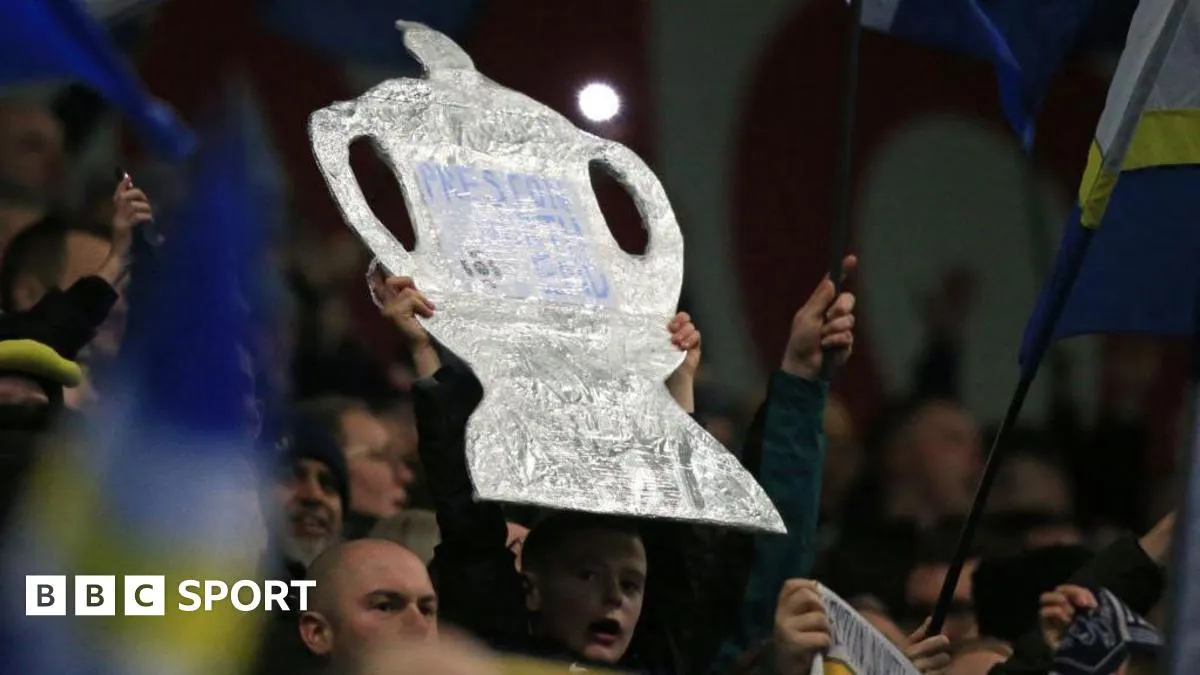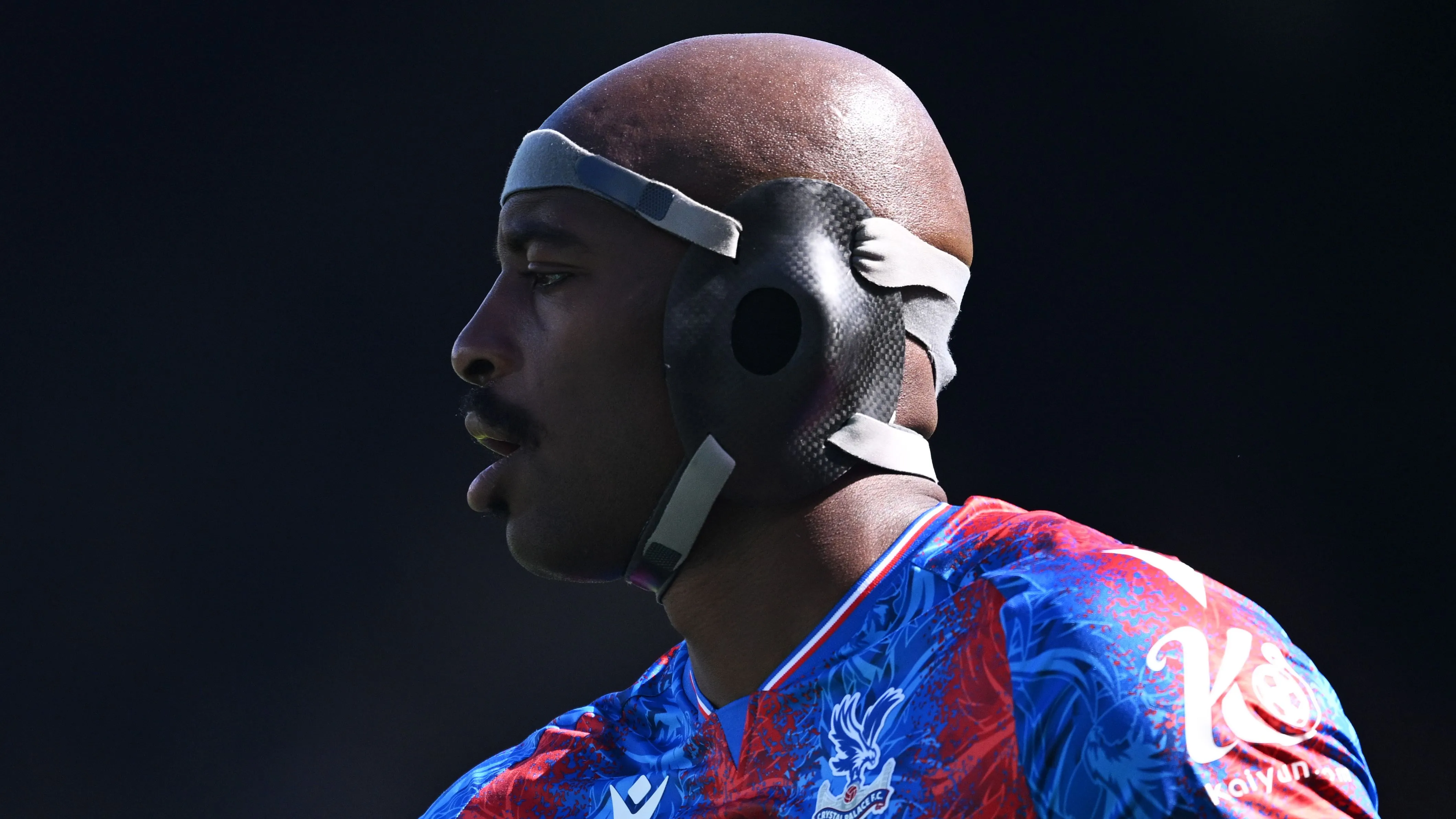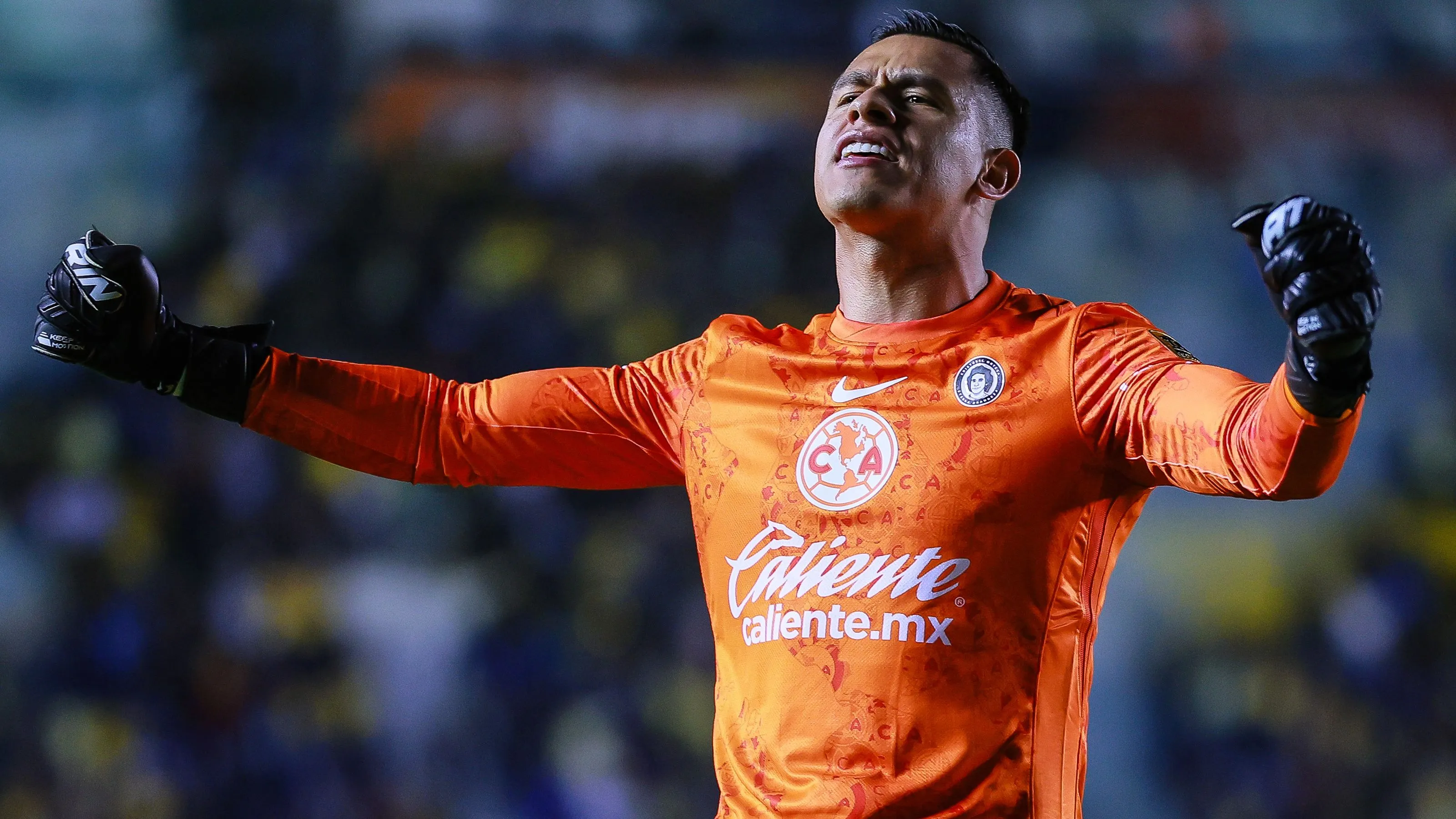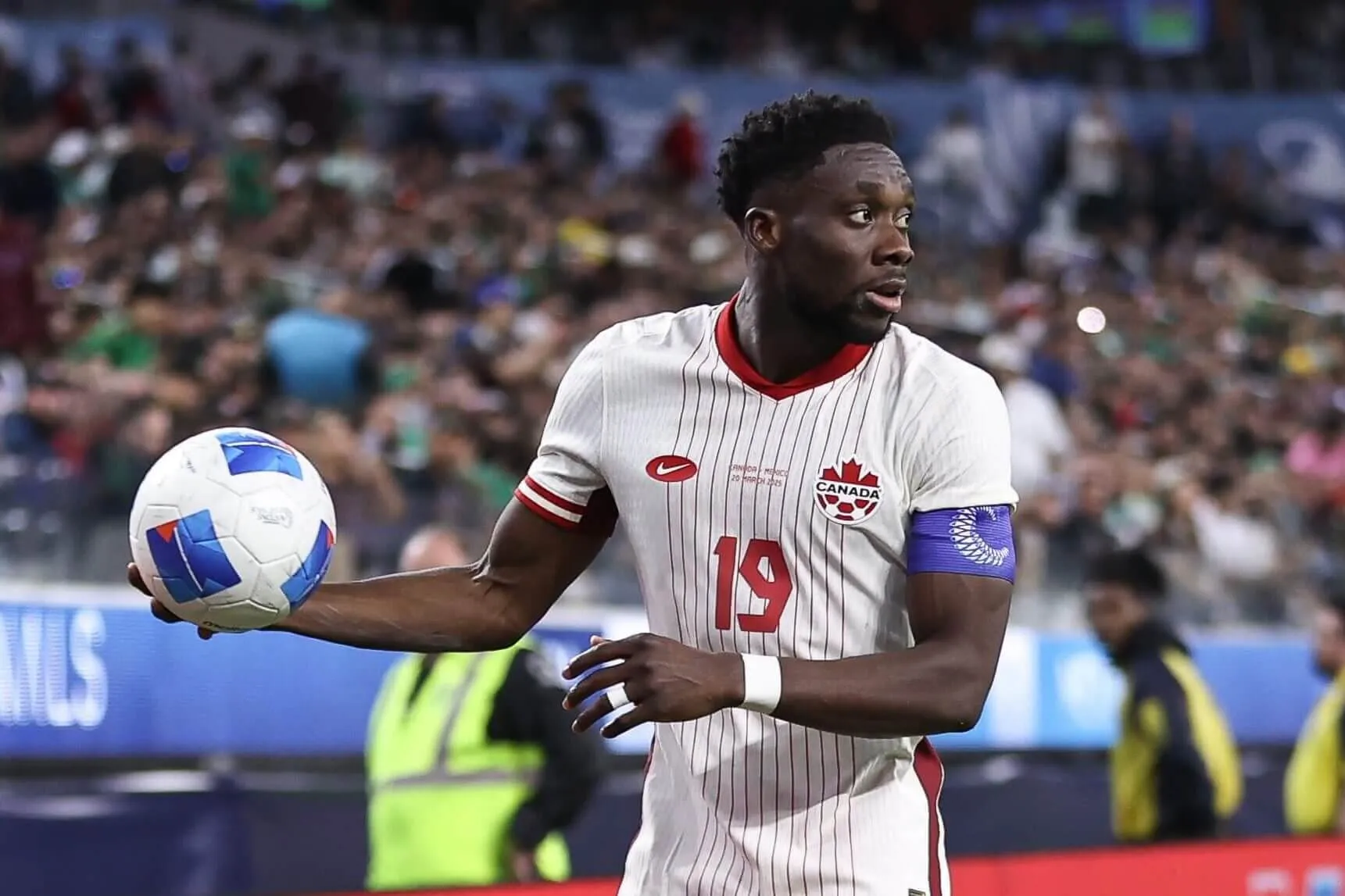
Recent events in Spanish football have sparked crucial discussions about player protection, following a series of incidents that highlight both progress and persistent challenges in the sport. The conversation encompasses physical protection from dangerous tackles, concussion protocols, and the broader issue of player welfare.
During Real Madrid's surprising 1-0 defeat to relegation-threatened Espanyol, a controversial incident involving Kylian Mbappé brought the issue of player protection to the forefront. Carlos Romero's reckless challenge on Mbappé, described by Carlo Ancelotti as "an ugly foul with a big risk of injury," went unpunished by both the on-field referee and VAR officials. This decision contradicted decades of efforts by FIFA and football lawmakers to protect players from potentially career-threatening tackles.
The incident became even more contentious when Romero, who should have been shown a red card, later scored the winning goal. The failure to properly sanction such dangerous play has raised serious concerns about officiating standards and player safety in LaLiga. As Ancelotti noted with "dignity and well-contained fury," the responsibility extends to VAR officials to ensure player protection.
A more encouraging development emerged the following day when Barcelona's handling of Gavi's head injury demonstrated evolving attitudes toward concussion protocols. After a severe collision with Alavés player Tomás Conechny, Gavi showed clear signs of confusion, unable to recall the current day despite remembering the match's kickoff time. Coach Hansi Flick's decision to defer to medical staff and prioritize Gavi's well-being over potential match points represents a positive shift in approach to head injuries.
This incident follows Atletico Madrid's commendable handling of Robin Le Normand's concussion in October, where the club kept him sidelined for 61 days, missing 12 matches. Such careful management of head injuries reflects growing awareness of the long-term risks associated with repeated head trauma, including dementia and Alzheimer's disease.
The personal perspective shared about an 88-year-old former boxer and rugby player suffering from Alzheimer's, along with the recent losses of Jimmy Calderwood and Denis Law to the same condition, underscores the vital importance of protecting current players from similar fates. Law, Scotland's only Ballon d'Or winner and a prolific header of the ball, represents a generation whose playing style may have contributed to later health issues.
The battle for player protection parallels ongoing efforts to combat racism in sport, requiring vigilance and commitment from all stakeholders - from legislators and clubs to fans and media. While progress has been made in areas such as concussion protocols and racial abuse prevention, recent events demonstrate that such advances can be fragile and require constant reinforcement.
As Spanish football continues to evolve, these incidents serve as crucial reminders of the importance of maintaining and strengthening player protection measures. While the journey toward comprehensive player safety may be "imperfect, frustrating and often slow," it remains a vital pursuit for the future of the sport and the well-being of its participants.

